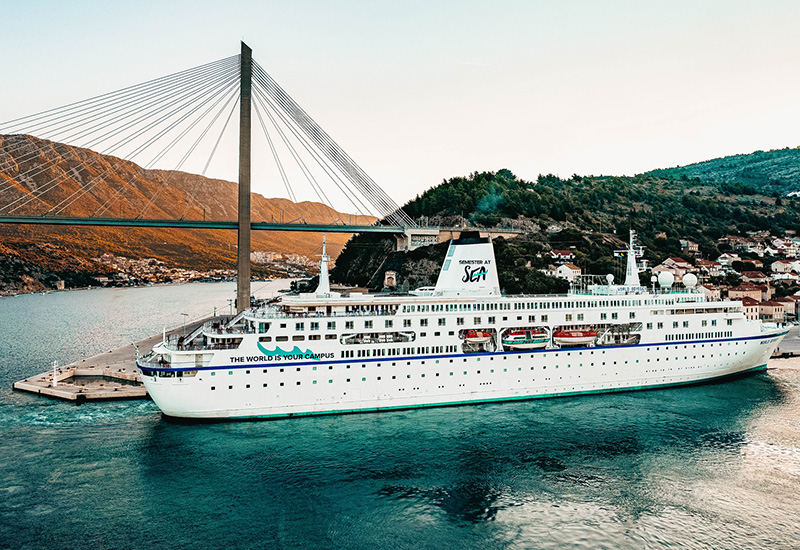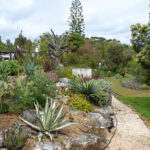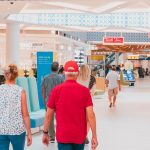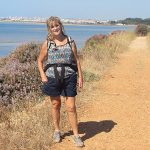The Ultimate Study Abroad Adventure for Adults
With travel trending again and all that pent-up demand, it can be difficult to choose exactly where to go. When is the right time, how to travel comfortably and safely, where to stay, and how to get the most out of the trip? Then there’s the issue of airlines which are definitely having a bumpy ride at the moment with delays, cancellations, high prices, and other hassles becoming the norm. As a result, many people are considering cruises, but the over-indulgent ship life and the limitations of spending just one day in each harbour are not for everyone.
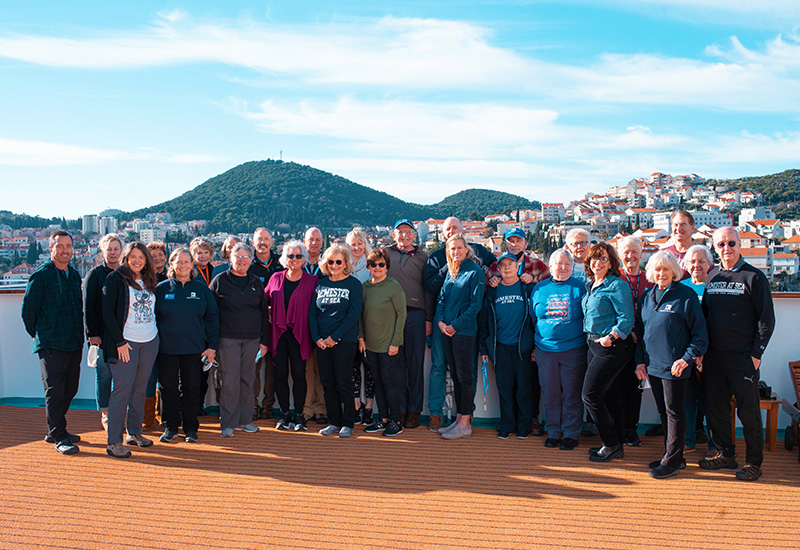
So, how about a four-month voyage of discovery on a world-travelling university ship? Academic classes instead of bingo, after-dinner lectures and educational activities instead of dinner dances, and knowledge-gathering multi-day visits to a dozen very different countries instead of one-day beach, bus, or shop-till-you-drop excursions.
Semester at Sea has been running since 1963, but not everyone knows about it yet. It is primarily for undergraduate students who do a whole semester taking courses on board and experiencing on land the culture, cuisine, customs and countryside of a dozen different nations. It’s typically a one-off study abroad bucket list experience but one which can alter the students’ mindsets, change their cultural awareness, and even redirect their career paths.
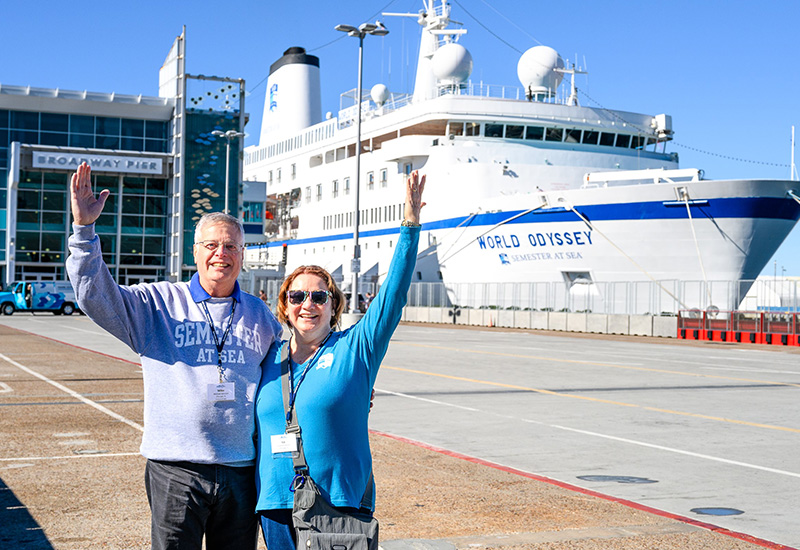
But this is not just for younger students – I’ve sailed three times already as an adult passenger. Every voyage has a group of older travellers (aged 30 plus) who sail on the MV World Odyssey as lifelong learners. This privileged party gets to take any academic courses of their choosing without having to do exams or write papers. Educational regrets resolved! They can travel on land in Semester at Sea guided groups with other students and their faculty, or they can travel independently – and not just for one day.
The ship stops at each port for multiple days, some as long as a week – a cultural immersion. The last time I went, in the autumn of 2019, I was the assistant to the lifelong learning coordinator, in charge of the guest lecturer list, communications, and many of the social events.
Of around 100 days with the program, half are spent on land. Each voyage has a different itinerary which might include South Africa, Malaysia, India, Japan, China, Vietnam, Ecuador, Brazil, Costa Rica, Greece, Spain, Morocco – and sometimes Portugal. You could cruise the Suez or Panama Canal, visit the Taj Mahal, go on safari in South Africa or Kenya, ski in Japan, eat Kobe beef in Kobe, watch sumo championships in Tokyo, do a service trip to a remote Ghanaian village, learn local cookery in Brazil or Ecuador, trek on the Inca Trail, or study meditation and yoga at an ashram in India. If you have a world wishlist, this is the way to combine many of the destinations and experiences in one trip. And, if 100 days is too long, you can take your pick of one-third of the voyage as a spotlight passenger.
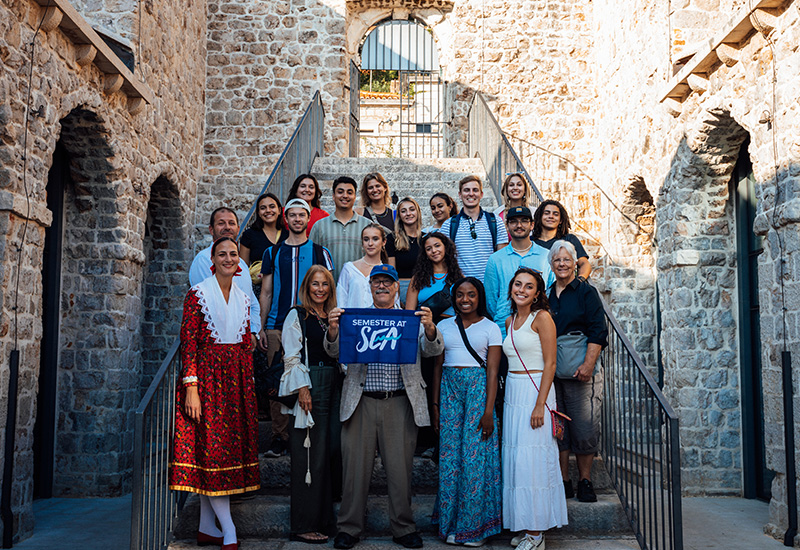
Lifelong learners have medical coverage and insurance under the Semester at Sea umbrella and the ship has its own medical team. On land, they have the safety net of a ‘green sheet’ of information, emergency contacts, medical and dental facilities, useful phrases and currency conversions, which gives a feeling of security when travelling either alone or perhaps with a friend or two met on the ship. They have the benefit of pre-port lectures to prepare them for the quirks of each country.
On board, the lifelong learning coordinator, who orchestrates this community’s experience before and during the voyage, caters to their needs and helps organise their academic and social activities. There’s a travel desk, too, which can help connect voyagers to SAS-organised programmes or advise on group day or multi-day trips. And, before you ask, yes, there is a bar for lifelong learners, faculty and staff – no students. There is even occasional dancing and singing, organised by the ship community. There’s also a Sea Olympics event in which everyone competes (or encourages) in various physical, intellectual and creative challenges. Lifelong learners also get to interact socially with students through the Extended Family Programme.
The discussion back on board after each country is not about what you bought – although exotic garb does make an entrance as other clothes wear out – but what you learned and what you gave back in terms of service or connectivity in each community.
My three voyages have taken me around Africa, Asia, Europe, and South America and they’ve all been eye-opening and life changing. My first was in spring 2006 when I travelled with my husband who was a professor on board and my two sons, who attended the ship school. They took a term off ‘real’ school and, while keeping up with mathematics under the guidance of the ship school teacher, they learnt much more about the world’s geography, history, and people.

Having been injured in the course of my previous career, I was seeking a life reinvention which I discovered after attending journalism lectures and an intro to blogging seminar during the voyage. I dared to try writing myself, submitting stories of my voyage to an editor. And I have been a travel journalist, tourism book author, and blogger ever since. I put this to use during the autumn 2016 voyage when I worked as the writer of the daily newsletter.
For 2023, I have been appointed as the lifelong learner coordinator and I am looking forward to helping other like-minded travellers see more of the world through the Semester at Sea learning lens.
www.semesteratsea.org/lifelong-learning
For a glimpse at my 2019 Semester at Sea travels, check out:
